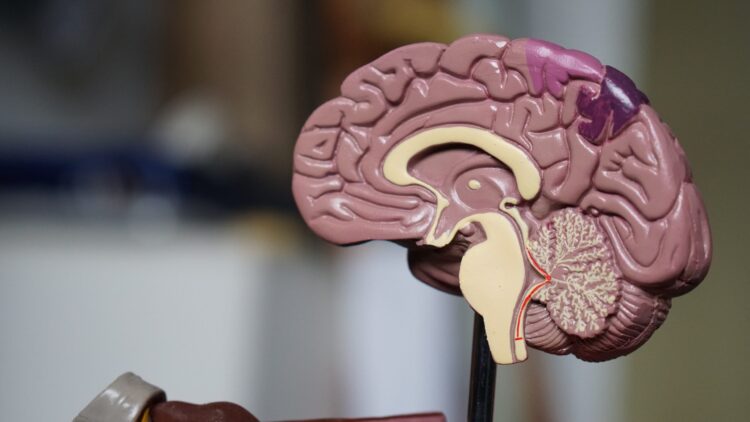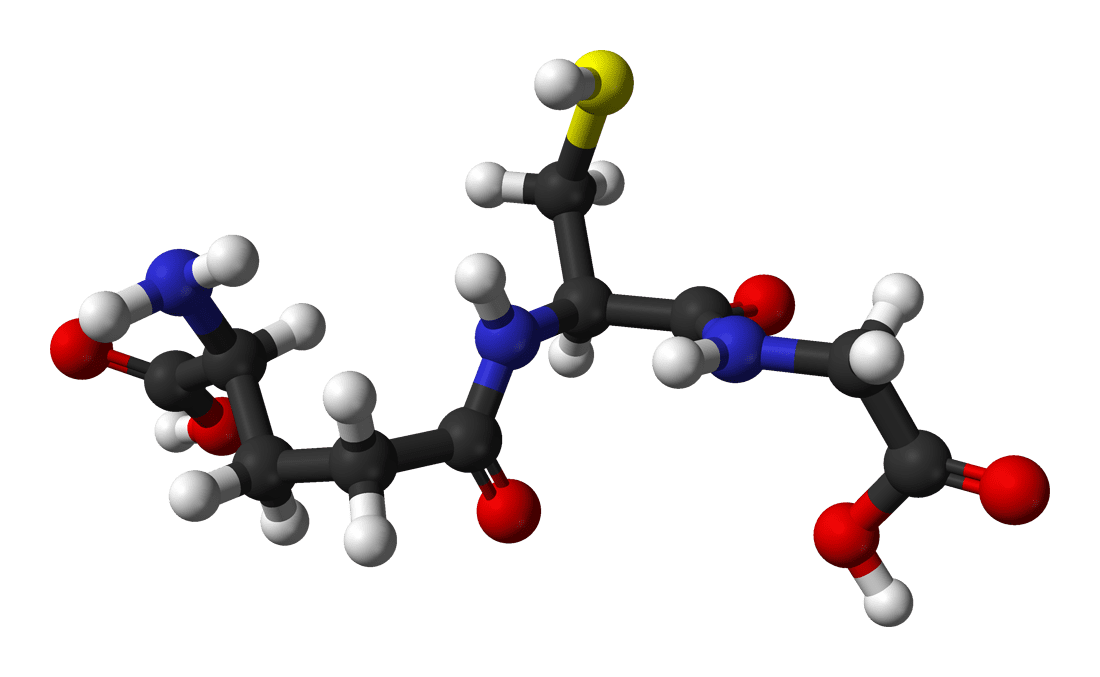Dave Clark
Member
- Joined
- Jun 2, 2017
- Messages
- 2,001
I have had positive effects from NAC when using it, and have not read any real major issues with it, other than the Peat world not liking cysteine. I do not agree with the Cutler protocol, and Haley shows in that video why DMSA is problematic. I am not familiar with the Cutler group's opinion is of NAC. Haley also showed that lipoic acid can knock Hg out of the cell's energy chain releasing it into the system, and without a permanent binder like NBMI, redistribution is possible. I think the Cutler protocol will go by way of the dinosaurs, but, I am not an expert on that protocol.Do you disagree with that cutler group saying NAC is bad ?








